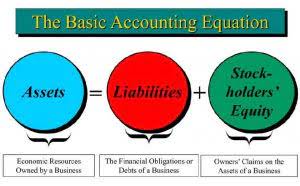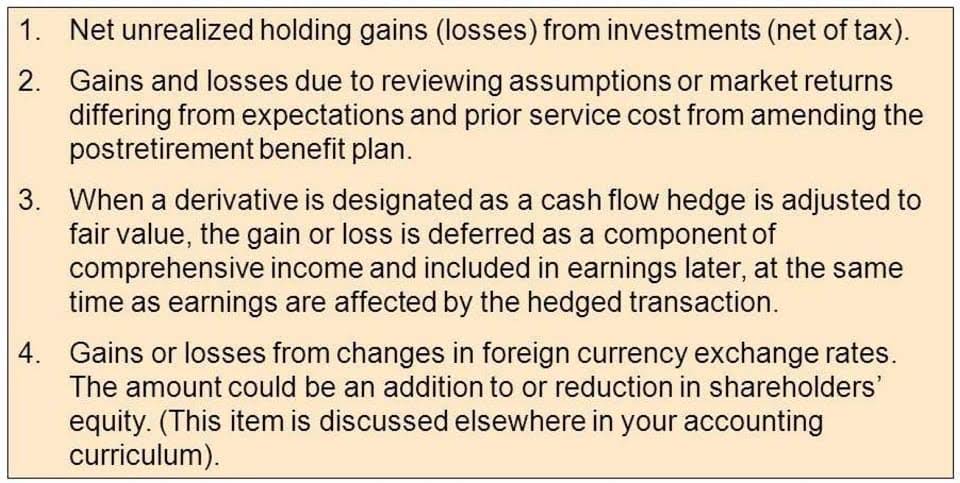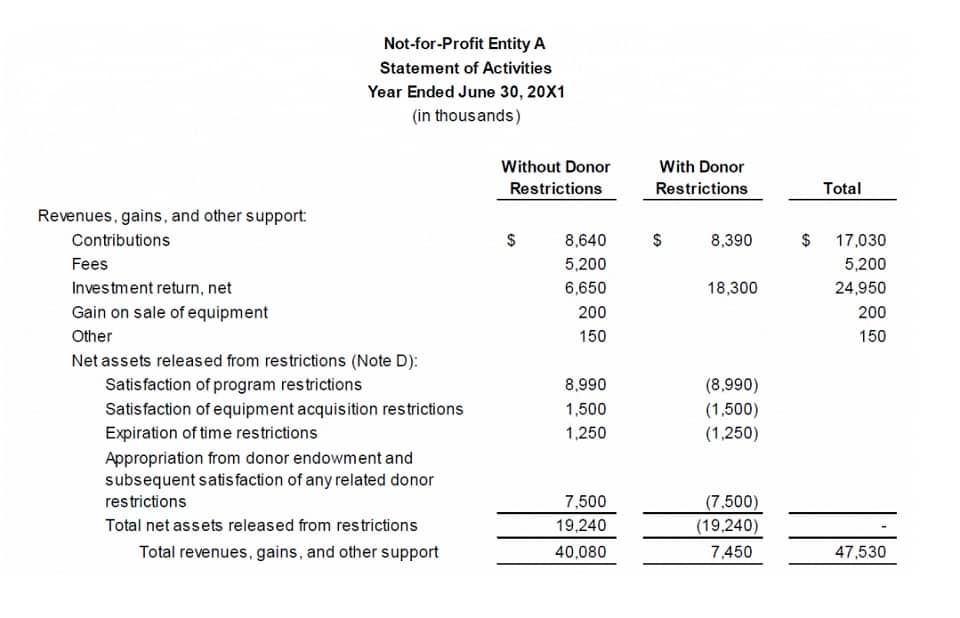
Bookkeepers and staff accountants have different pay scales, as shown below. Full charge bookkeepers with more acquired skills get higher pay, especially with competencies with higher demands. As of January 1, 2025, the average salary for full charge bookkeepers in the United States is $44,960 per year. The range for full charge bookkeeper salaries in the U.S. goes from $35,943 to $54,799, with earning mostly between $40,240 and $50,110. Read this salary guide as we thoroughly discuss a full charge bookkeeper’s responsibility, salary insights, factors that affect their compensation, and how to become one.
All-in-One Role
For most growing design firms, a full charge bookkeeper provides the right balance of expertise and cost-effectiveness. In addition double declining balance depreciation method to producing general-purpose financial accounts, they can assist with reports for forecasting and budgeting. Observing this report weekly can help you deal with the cash flow and earn maximum benefits. A full-charge bookkeeper guarantees that every one of your bank accounts is closely monitored.
- This can help you better understand your business’s financial health and make informed decisions based on that information.
- A bookkeeper can support business tax preparation by maintaining accurate records, reconciling accounts and organizing expenses.
- Missed tax deadlines, payroll errors, or unpaid invoices can create unnecessary headaches and even damage relationships with employees or vendors.
- A full charge bookkeeper handles the entire financial ecosystem of your business.
Design Industry Experience
Handling every financial task internally can overwhelm even the most organized business. From daily transactions to month-end closings, it’s easy for details to slip through. As a result, full charge bookkeeping steps in as a single-source solution for managing the entire accounting process under one roof. This blog breaks down what full-charge bookkeeping involves, how it differs from traditional bookkeeping, and the benefits it brings in terms of control, efficiency, and financial accuracy. Additionally, you will learn why growing businesses are turning to this model and how outsourcing can cut costs significantly while improving performance.
How do full charge bookkeeping services help with cash flow management?
They prepare financial reports, but they are also responsible for making sure the business’s overall economic picture is clear and reliable. Because their role is so broad, a full charge bookkeeper manages everything that affects the business’s finances, helping the business stay organized, compliant, and ready for growth. income summary Hiring a bookkeeper for payroll services costs $40 to $100 per hour where they handle day-to-day financial record keeping and payroll processing. Think of the controller as the quarterback of the accounting function – overseeing accounting operations.

When you have someone who truly understands the complexities of design firm finances, you can focus on creating beautiful spaces that clients love. A full charge bookkeeper handles your complete accounting cycle from start to finish. Think of them as your financial operations manager, not just someone who enters data. Luckily, SynkBook offers tech-enabled bookkeeping services, so you don’t need to worry about quality. They’ll assign you a dedicated team that knows how to help small businesses, taking over your bookkeeping to help you get a fresh start. They are in charge of all the credit cards, line of credit accounts, petty cash accounts, and bank deposits.
- They ensure accuracy, compliance, and timely reporting, often acting as the backbone of small to medium-sized enterprises’ financial departments.
- They should also be comfortable handling all the financial records of a company, as they will be responsible for the full cycle of accounting duties.
- We’ll review your current financial processes and show you exactly how the right bookkeeping approach can support your creative vision while building long-term business success.
- Controllers generally have the authority to make day-to-day financial management decisions, identify and solve highly specialized accounting concerns, and handle all the duties of a bookkeeper.
- Suppose your team doesn’t have the appropriate training or time resources to accomplish all your financial management tasks.
Throughout this article, we will do our best to differentiate them clearly. A comprehensive tax planning and preparation firm with years of experience providing honest and trusted advice to privately held businesses and individuals. Give them thorough training on your company’s bookkeeping ways and what’s expected. If you already have in-house bookkeepers on board, you must be wondering if or when you should consider onboarding or outsourcing a resource to perform your bookkeeping 2.0 duties.

Operating Profit Explained: What It Means for Your Business
Many employers require at least 2-5 years of experience in bookkeeping or accounting, particularly in handling full charge bookkeeping responsibilities. For senior level positions or roles in larger companies, candidates might need more than 5 years of experience. To become a Full Charge Bookkeeper, candidates typically need to have at least 2 to 3 years of bookkeeping or accounting experience. We are looking for a detail-oriented Full Charge Bookkeeper to manage all financial transactions, from fixed payments and variable expenses to bank deposits and budgets. By understanding the difference between these two roles and the benefits of hiring a full-charge bookkeeper, you can make an informed decision about which option is right for your business.

Bookkeepers are responsible for accurately calculating employee wages, taxes, and deductions. They ensure employees are compensated on time and according to applicable labor legal guidelines. Additionally, full-charge bookkeepers manage timesheets, ensuring that working hours are accurately recorded, and payroll is appropriately processed. In some businesses, they what does full charge bookkeeper mean are also in charge of supervising accounting assistants and other bookkeepers. They prepare balance sheets and income statements for the company’s management and directors based on their financial reports.
She specializes in small-business news,budgeting, saving and wealth management. Marianne has written for Forbes, CNBC, LendingTree, Experian, LearnVest, MagnifyMoney, Credit Karma, Student Loan Hero and Fundera, among others. We believe everyone should be able to make financial decisions with confidence. Increase your desired income on your desired schedule by using Taxfyle’s platform to pick up tax filing, consultation, and bookkeeping jobs.

